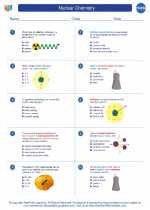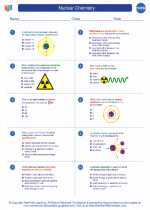Key Concepts in Evolution
Natural Selection
Natural selection is the process by which certain traits become more or less common in a population due to their impact on the survival and reproductive success of individuals. Traits that enhance an organism's ability to survive and reproduce are more likely to be passed on to future generations, leading to the evolution of new species over time.
Genetic Drift
Genetic drift refers to the random fluctuation of gene frequencies in a population. It can occur in small populations and can lead to the loss of genetic variation over time. This can ultimately influence the evolutionary trajectory of a population or species.
Gene Flow
Gene flow occurs when individuals from one population migrate and interbreed with individuals from another population. This can result in the transfer of genetic variation between populations, influencing the genetic diversity and evolution of both populations.
Speciation
Speciation is the process by which new species arise. It can occur through various mechanisms, including allopatric speciation (geographic isolation leading to reproductive isolation) and sympatric speciation (the emergence of new species within the same geographic area).
Evidence for Evolution
There is a wealth of evidence supporting the theory of evolution, including the fossil record, comparative anatomy, molecular biology, and biogeography. These lines of evidence provide compelling support for the idea that all living organisms are related through descent from a common ancestor and have changed over time.
Study Tips
- Review the key mechanisms of evolution, such as natural selection, genetic drift, and gene flow.
- Explore the evidence for evolution, including the fossil record and molecular biology.
- Understand the concept of speciation and the different mechanisms by which new species can arise.
- Practice applying evolutionary concepts to real-world examples and case studies.
- Engage in discussions and debates about evolution to deepen your understanding of the topic.
◂Chemistry Worksheets and Study Guides High School. Nuclear Chemistry

 Worksheet/Answer key
Worksheet/Answer key
 Worksheet/Answer key
Worksheet/Answer key
